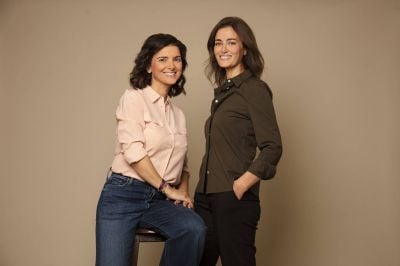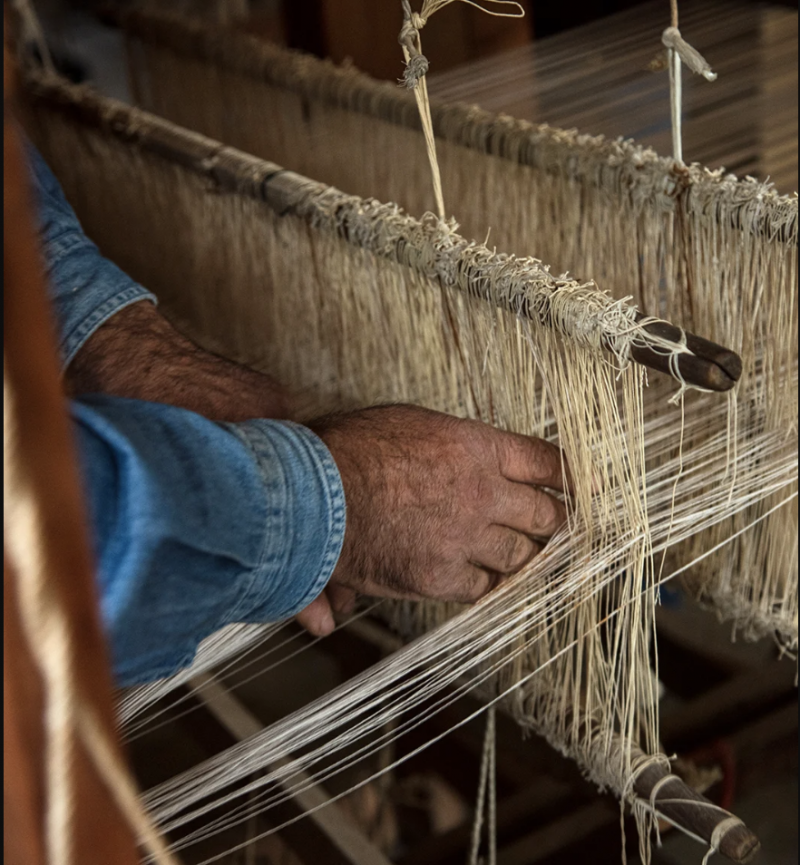
Artisans are still active in Lebanon. (Credit: Tarek Moukaddem/The Ready Hand)
While they prefer to speak in the name of their passion project, The Ready Hand, there is no doubt that Pascale Habis and Zeina Raphael are the driving force behind this initiative.
Curious, meticulous, and patient, the two women are piecing together crafts in Lebanon in an attempt to turn the spotlight on artisans whose skilled work, know-how, values, and heritage were passed onto them from their forefathers.
The platform aims to preserve this cultural heritage, helping artists continue to practice their arts and crafts, and creating work opportunities.
“We’ve known each other for a long time,” Raphael said. “The idea was born separately for each of us, but in a very complementary way. It is by pure chance that we shared our ideas before we intuitively reached a common project.”
For Habis, the aftermath of the 2020 Beirut port explosion — which ripped through the capital and destroyed part of her house — an old mansion located in Gemmayzeh, triggered the idea.
“As I began repairs, I discovered the baghdadi, the wooden slats once used to dress partitions and ceilings, and met Khalil Tarazi,” the only craftsman still able, she realized, to repair the beams.
“That’s when I felt the need to produce a book that speaks to the skills of Lebanon’s artisans,” Habis told L’Orient-Le Jour.
Habis is an art director and graphic designer by training, and author of Beirut Cooks. Raphael founded her own furniture and design agency, Almaz Collectible Design, in 2019.
“I thought it was a shame that many of our talented, internationally renowned designers were producing abroad, in France and Italy in particular. Wasn’t there quality know-how in Lebanon?” Raphael asked.
The idea of a The Ready Hand was born.
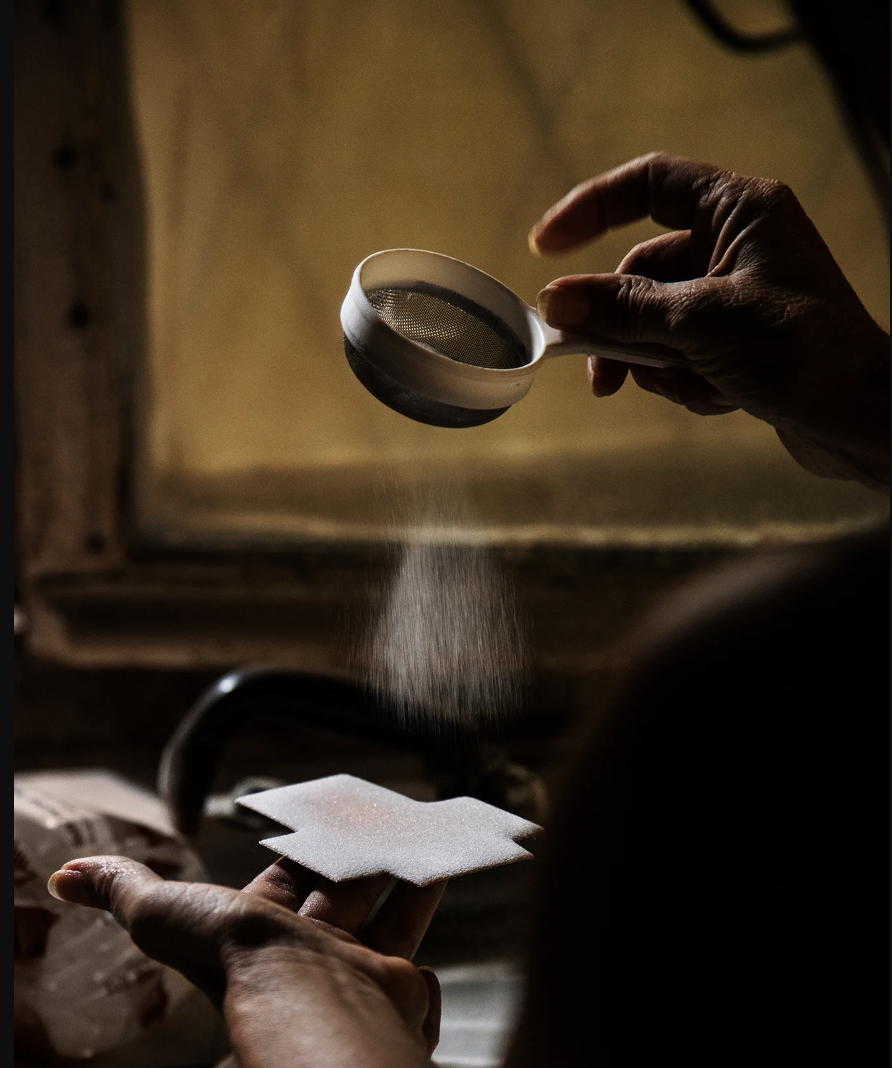 (Credit: Tarek Moukaddem/The Ready Hand)
(Credit: Tarek Moukaddem/The Ready Hand)
When the two women met, they shared their thoughts and came to the realization that there is no database nor formal documentation of craft in Lebanon.
In February 2021, in the midst of the COVID-19 pandemic, they decided to embark on this mission.
In search of the artisan
Entirely dedicated to the project — first a database, then a book — they contacted friends, architects and designers who preciously entrusted them with their craftsmen and shared their experiences with them.
Above all, they wanted to understand the market, and the sector, to take stock of the situation.
Little by little, their list of artisans took shape.
"Today, they are often the ones who call us, which makes us very happy!" the two women said.
Beginning in May 2021, whenever they could, Habis and Rafael met with artisans “forgotten by the state, without any support or structure.”
Raphael spontaneously posted her first encounter on her Instagram account, depicting a wicker chair maker hidden in the souks of Zouk.
“Within minutes, I received eight comments from people asking for his contact, which made us realize the impact of this great tool that is Instagram,” she said. “This immediately gave us the idea to create a platform dedicated to The Ready Hand.”
From then on, without exception, the two women post “six days a week,” sharing their discoveries, names of extraordinary artisans, individuals with beautiful stories and precious talent, on their Instagram page @thereadyhand.
The page is beautiful. Raphael and Habis pay close attention to the images and videos they post and occasionally employ the skills of photographer Tarek Moukaddem.
Their Instagram page has more than 8,000 followers.
The two women spare no effort to contact each and every artisan, making exhausting trips, crisscrossing the country from north to south.
“We met each of these artisans, we asked them questions as they worked. The days can be long and tiring, but very gratifying when we learn that it generates work for these forgotten or forsaken artisans,” Raphael said.
In addition to the human element, “by turning the spotlight on these artisans, in this work of research and archiving, we are often told that we are doing the work of a ministry, but with two people only,” Habis said.
“The most recent database concerning the artisans of Lebanon was established in 2000 by the Ministry of Social Affairs,” she added.
Although this is an almost impossible mission, the two women took the plunge, aware of the magnitude of work ahead of them.
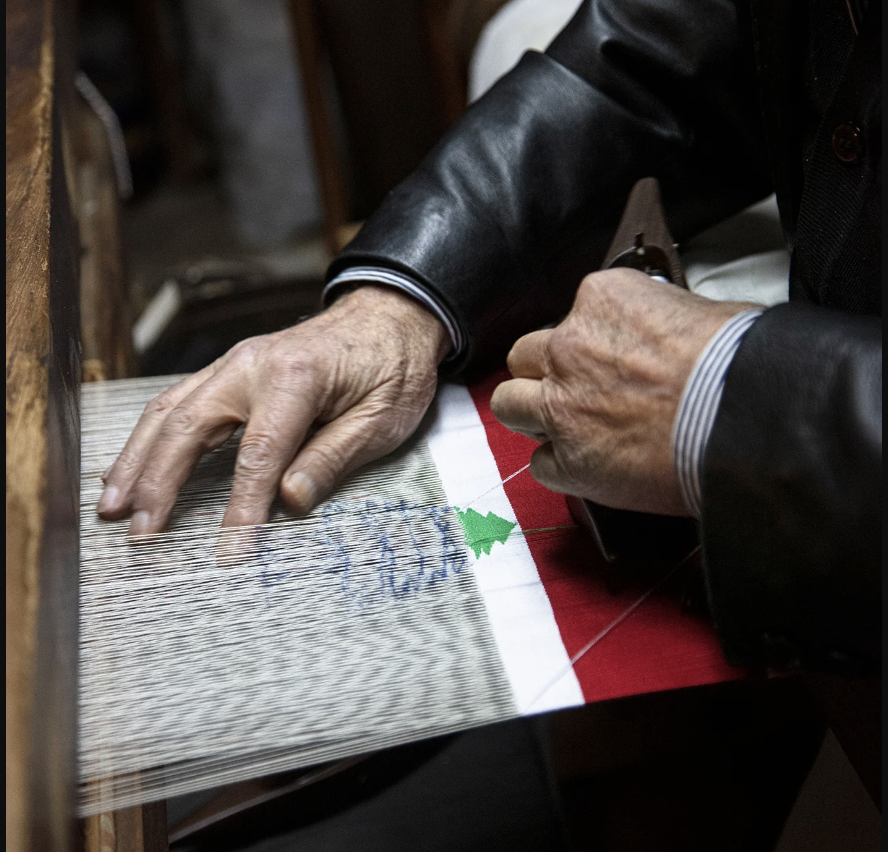 (Credit: Tarek Moukaddem/The Ready Hand)
(Credit: Tarek Moukaddem/The Ready Hand)
Four independent projects
Names, phone numbers, and addresses are cataloged to establish an online database which will later be turned into a website and application, allowing buyers to locate craftsmen at home and abroad.
The database is updated on a daily basis and now includes more than 350 artisans.
This project will also morph into a two-volume book documenting Lebanon’s old and current craft and artisanal work.
“The idea is to talk about these professions, tell stories, and make everyone want to read about what constitutes our intangible heritage that is in danger,” Raphael said.
It will be another two years until the book is published.
“The book will not be a transcript of what we post on our Instagram page. It’s not about talking about the artisans again and making portraits of them or sharing an address book that will quickly become obsolete, but rather documenting these trades, their particularities in Lebanon, the different materials used,” Habis explained.
To make the project a reality, the two women referred to a team of professionals: Sana Asseh, of One over Studio is responsible for visual identity; Maria Abunas, Ph.D in history, has signed on as a copywriter; and Tarek Moukadem, Johanne Issa and Yves Attallah are field photographers.
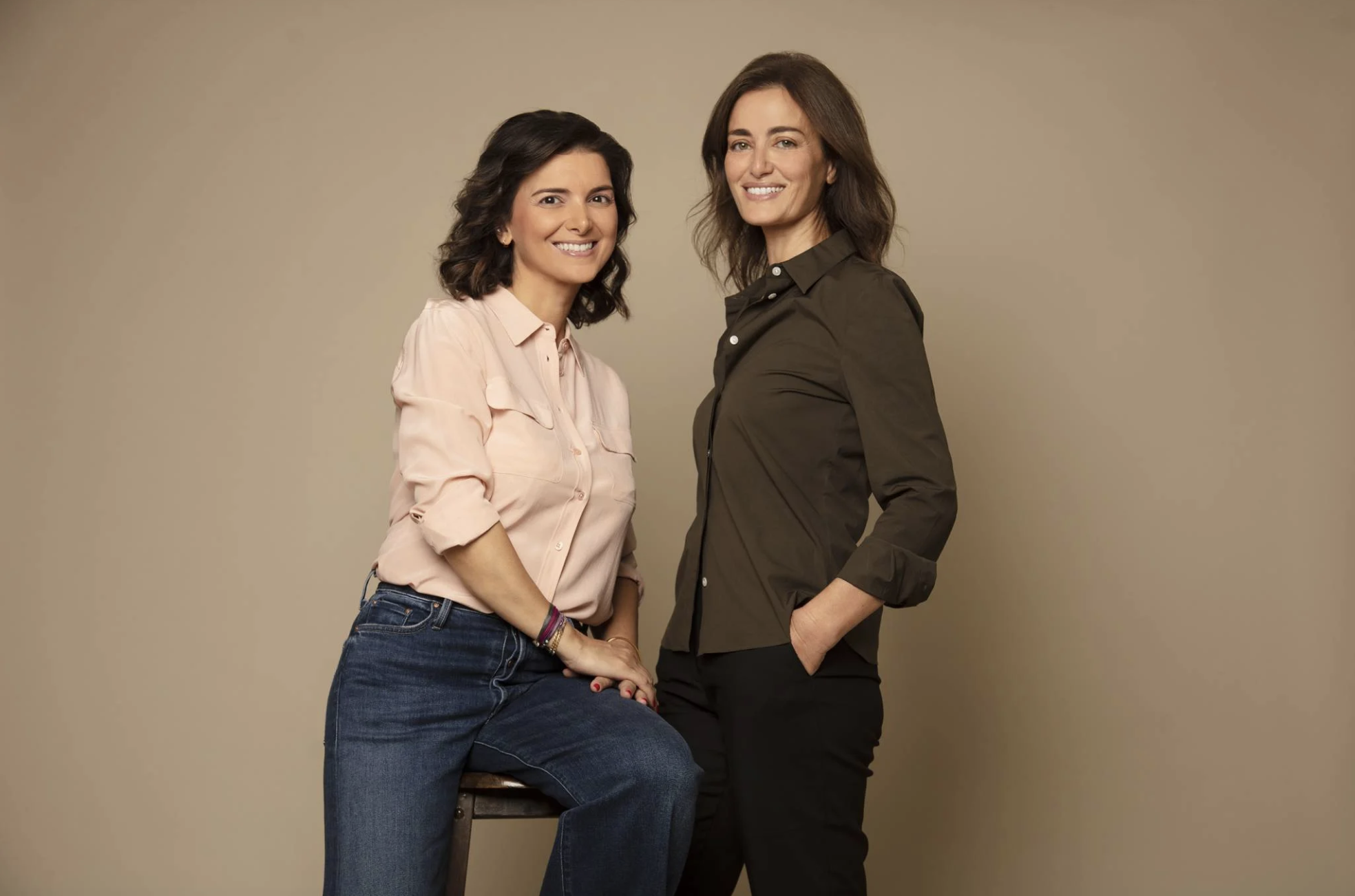 The Ready Hand: preserving and perpetuating ancestral gestures across Lebanon Zeina Raphael and Pascale Habis, the women behind The Ready Hand. (Credit: Tarek Moukaddem/The Ready Hand)
The Ready Hand: preserving and perpetuating ancestral gestures across Lebanon Zeina Raphael and Pascale Habis, the women behind The Ready Hand. (Credit: Tarek Moukaddem/The Ready Hand)
Finally, a documentary is in the works, signed by Danielle Rizkallah, who ranked second on the 2022 D&AD list of top directors. The project has support from the Philippe Jabre Foundation, the Robert Matta Foundation, a few friends and, of course, the founders of The Ready Hand themselves of this project themselves.
"But everything in its own time. We must first build the foundations," they say.
Raphael and Habis in turn woven, almost with their own hands, a sufficiently effective network that, on a national scale, will give artisans the visibility they deserve and, above all, a new life.
With The Ready Hand, Raphael and Habis aim to introduce the country’s craftspeople and artisans to a younger generation, thus safeguarding their heritage.
This article was originally published in French in L'Orient-Le Jour. Translation by Sahar Ghoussoub.
